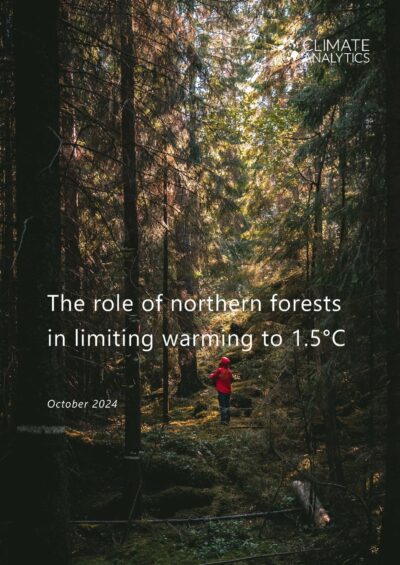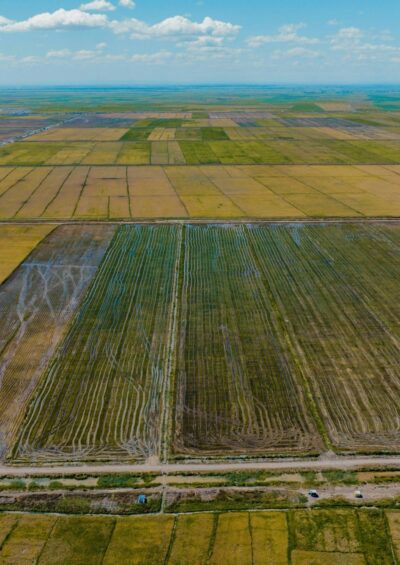Publications
Share


Reports
Northern forests are critical in the race to net zero CO₂ by mid-century. Protecting and restoring these forests, alongside steep and rapid reductions in fossil fuel emissions, is essential both to mitigating emissions and to supporting forest ecosystem services and biodiversity.

Working Papers
This technical note describes the State of Climate Action series’ methodology for identifying sectors that must transform, translating these transformations into global mitigation targets primarily for 2030, 2035 and 2050 and selecting indicators with datasets to monitor annual change. It also outlines the report’s approach for assessing progress made toward near-term targets and comparing trends over time.

Working Papers
New study finds the devastating floods in Nepal late September were exacerbated by rapid urbanisation and climate change. The analysis found the relentless rain, which fell on saturated ground in the late monsoon, was made at least 10% heavier and 70% more likely by climate change.

Reports
The LNG shipbuilding industry appears to be doubling down on building new carriers, ignoring the global shift to a low carbon economy and putting itself into an even worse oversupply situation than a year ago, we find in our updated report.

Peer-reviewed Papers
Seasonal forecasting of atmospheric parameters is important in various fields including agriculture. This study tests how machine learning can complement dynamic models using Tanzanian seasonal forecasts and finds this process uses far less computational power.

Peer-reviewed Papers
This paper presents a decision-making framework to help livestock farmers in Eastern and Southern Africa select context-specific adaptation strategies in response to climate change. The framework uses a decision tree to evaluate options based on different climate scenarios and systems, offering tailored guidance for various livestock types and regions.